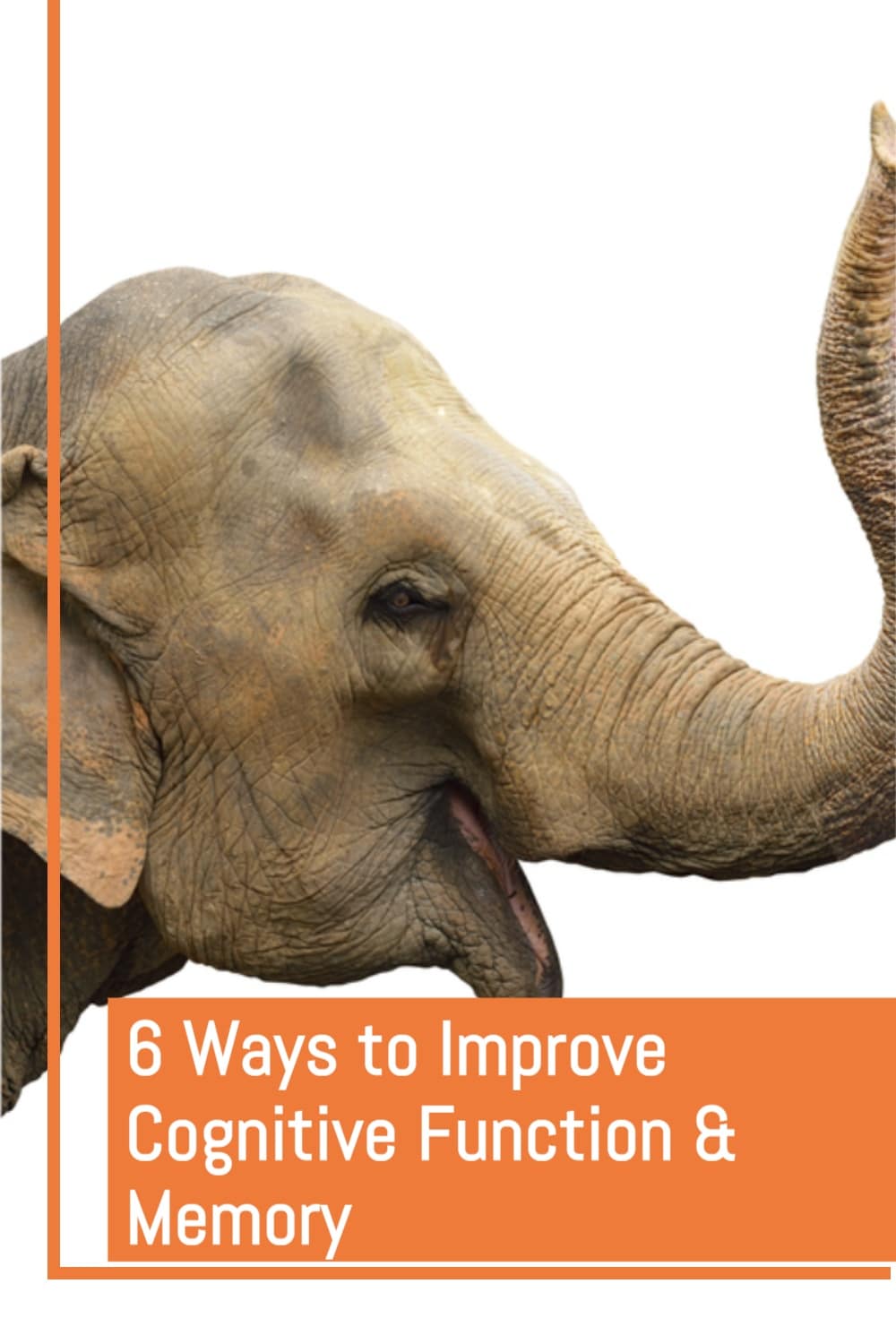I have had more than one conversation recently in which a friend or associate expressed concern about their memory. Let’s face it: When you find yourself mentally searching for the right word, trying to recall who you were about to email or the name of that restaurant you enjoyed last week… the question arises: Am I experiencing the early symptoms of dementia?
As we have become all too aware of Alzheimer’s, a number of theories have been floated that suggest how to maintain cognitive ability as we age. Many seniors have turned to crossword puzzles, Sudoku, or the booming new industry of brain training games to keep their minds sharp. However, recent studies, including one from researchers at Florida State University, show that those strategies may not be the answer.
“Our findings and previous studies confirm there’s very little evidence these types of games can improve your life in a meaningful way,” said Wally Boot, associate professor of psychology and an expert on age-related cognitive decline.
So, just because you can solve puzzles, memorize a series of numbers, or complete the New York Times crossword doesn’t mean you’ll remember where you put your iPhone. (If you’re like me, it’s in your left hand – not in the purse you are digging through with your right.)
What DOES work to improve cognition?
1. Physical Exercise

Neil Charness, professor of psychology at Florida State and a leading authority on aging and cognition, notes that aerobic exercise, rather than mental exercise, has been found to be beneficial for your brain. Physical activity can cause structural changes in the brain and boost its function. Aerobic exercise includes walking, swimming, biking – even household chores that involve large muscle groups. Consider some enthusiastic vacuuming or leaf raking.
2. Stay Busy and Engaged
Cognitive neuroscientist Sara Festini from the University of Texas at Dallas Center for Vital Longevity co-authored research that found middle-aged and older Americans who stay busy tested better on multiple cognitive functions, including brain processing speeds, reasoning, and vocabulary.
Psychologist Brent Small, director of the University of South Florida’s School of Aging Studies, agrees the results are “in line with a large body of research suggesting that older adults who are actively engaged in cognitively stimulating activities are more likely to perform better on standard cognitive tasks.”
3. Keep Learning

A study on the impact of sustained engagement on older adults found that learning new and demanding skills is key to staying sharp as we age. So, try stepping out of your comfort zone and into something different. That might be travel, new experiences, a class – like cooking, dancing, pottery, or learning to play an instrument.
4. Be Social
One IS the loneliest number. Professor of Psychology John Cacioppo, from the University of Chicago, found that significant health consequences of feeling lonely can trigger psychological and cognitive decline. You will sleep better, lower your cortisol (stress hormone), and improve cognitive function by being around others. Find somebody you enjoy and give them a call!
5. Mindful Meditation

Work by Sara Lazar, a neuroscientist at Massachusetts General Hospital and Harvard Medical School, found that individuals who meditate have more gray matter in the frontal cortex and that this gray matter is preserved despite aging. 50-year-old meditators had the same amount of gray matter as 25-year-olds. No one can argue that meditation is a powerful stress reducer – which, in turn, creates a healthier internal environment.
6. Memory-Boosting Foods and Nutrients

Memory-boosting foods play a crucial role in supporting brain health and cognitive function. Incorporating these nutrient-dense foods into your diet can enhance focus, sharpen recall, and even slow cognitive decline.
Fatty fish, such as salmon, mackerel, and sardines, are rich in omega-3 fatty acids, essential for brain cell structure and function. These healthy fats are linked to improved memory and a reduced risk of neurodegenerative diseases.
Berries, particularly blueberries, are packed with antioxidants that protect the brain from oxidative stress and inflammation. Studies suggest that regular consumption of berries can enhance communication between brain cells and improve memory.
Nuts and seeds, especially walnuts, are excellent sources of vitamin E, a nutrient known to slow cognitive decline. Sunflower seeds and flaxseeds provide magnesium, zinc, and healthy fats essential for brain health.
Leafy greens, like spinach and kale, contain vitamins and antioxidants that help prevent brain aging. They are also rich in folate, which is linked to improved cognitive function.
Dark chocolate, with at least 70% cocoa, is another brain-friendly option. It boosts memory through flavonoids, caffeine, and antioxidants.
Incorporating these foods into a balanced diet can support a healthy brain, improve memory, and enhance overall mental clarity.
Still Worried about Cognitive Function? Take the SAGE Test
The Self-Administered Gerocognitive Examination (SAGE Test) takes less than 15 minutes to complete and is considered a reliable tool for evaluating cognitive abilities. If you’re concerned about memory loss and cognitive function, go to the Memory Disorders Research Center website at Ohio State’s Wexner Medical Center and download the memory test. You can share the completed test with your physician to help spot early symptoms of cognitive issues such as early dementia or Alzheimer’s Disease. Take the SAGE Test.
Enjoy those brain games and crosswords all you like – but if you really want to up your cognitive game, try these six strategies. All are good for you in more ways than one.
This article is for informational purposes only, is not intended to diagnose, treat, cure, or prevent any disease, and is not a substitute for medical advice. The above recommendations are indeed just that. Seek medical advice if you notice a change in your cognitive functions.
Read Next:
Brain Games: Natural Protection For an Aging Brain
Top 5 Foods That Cause Brain Fog
4 Steps to Rewire Your Brain and Feel Happier








